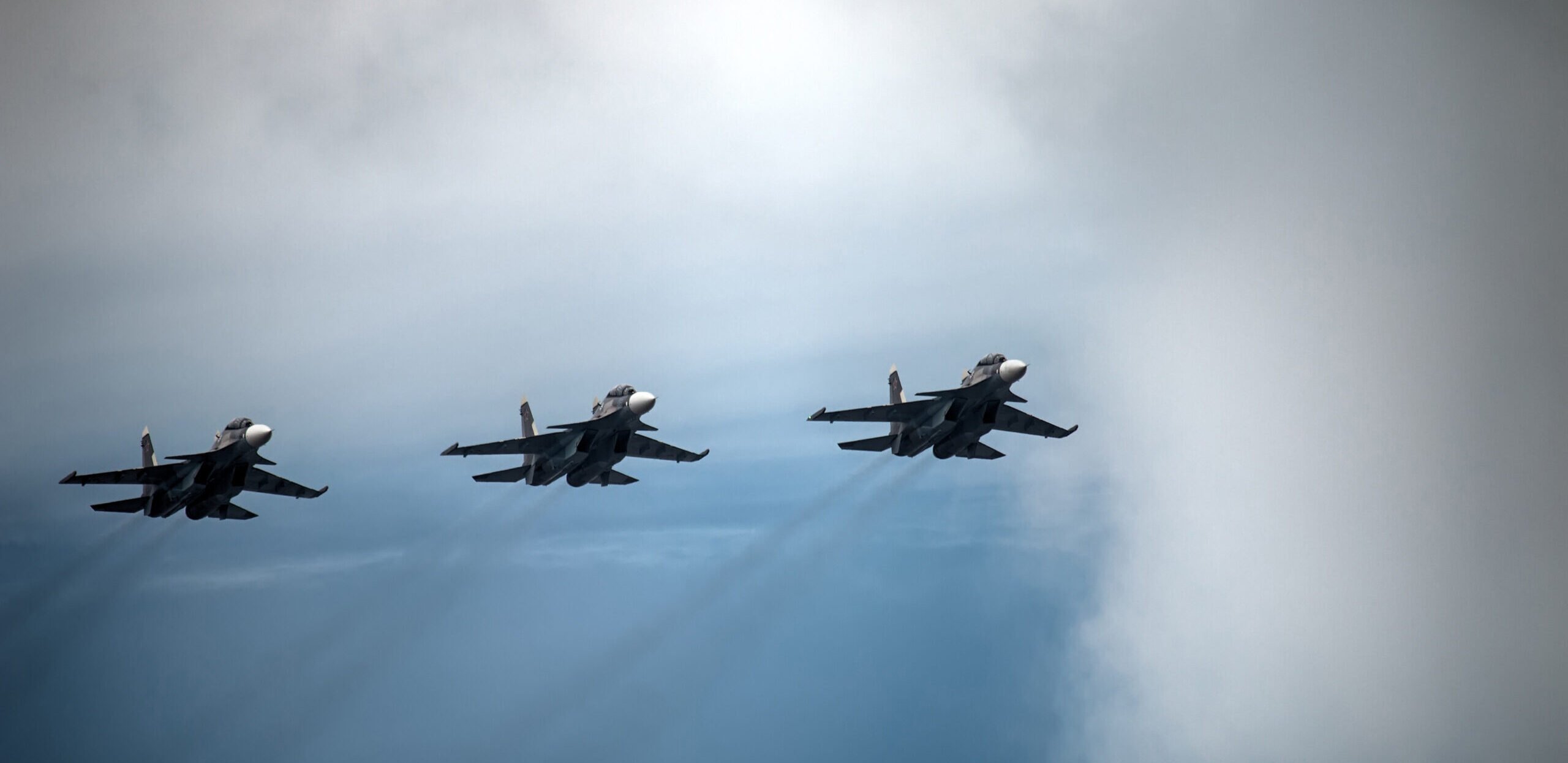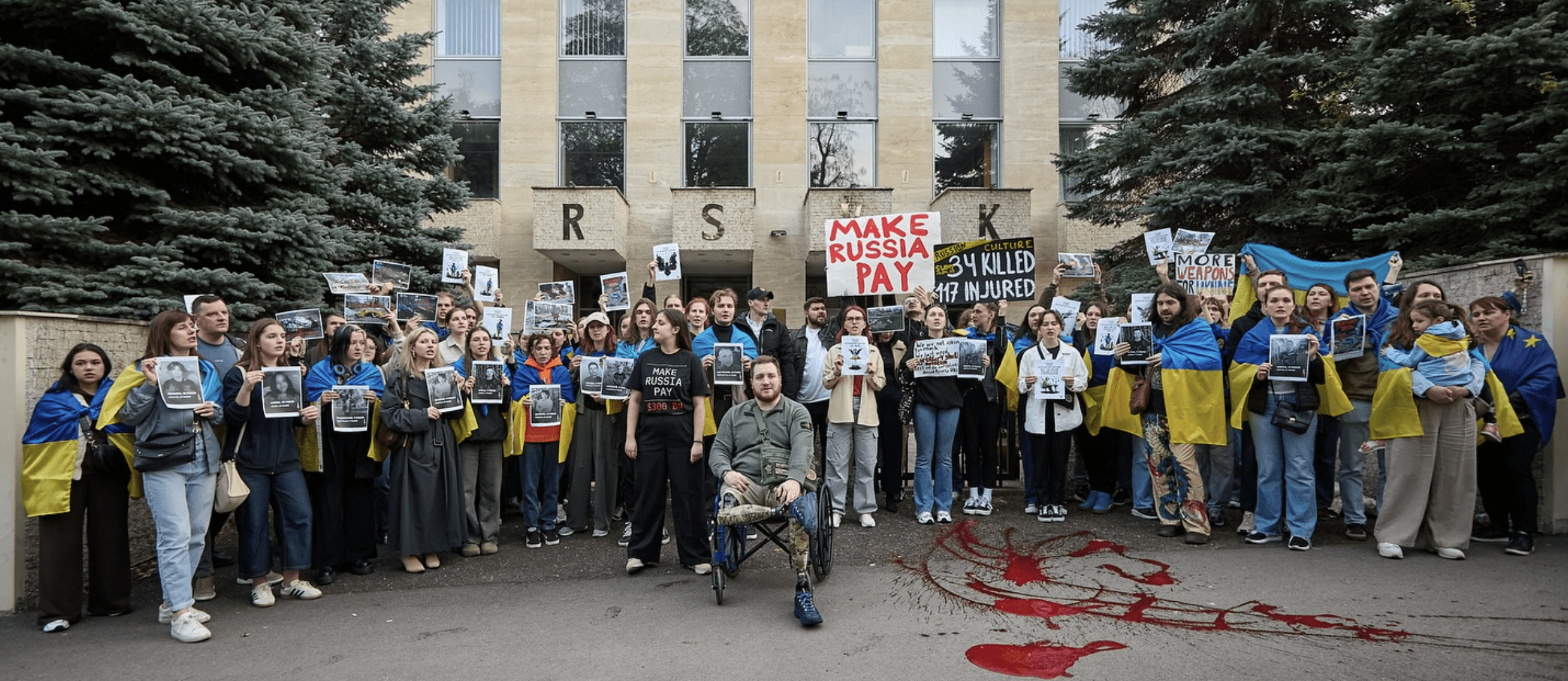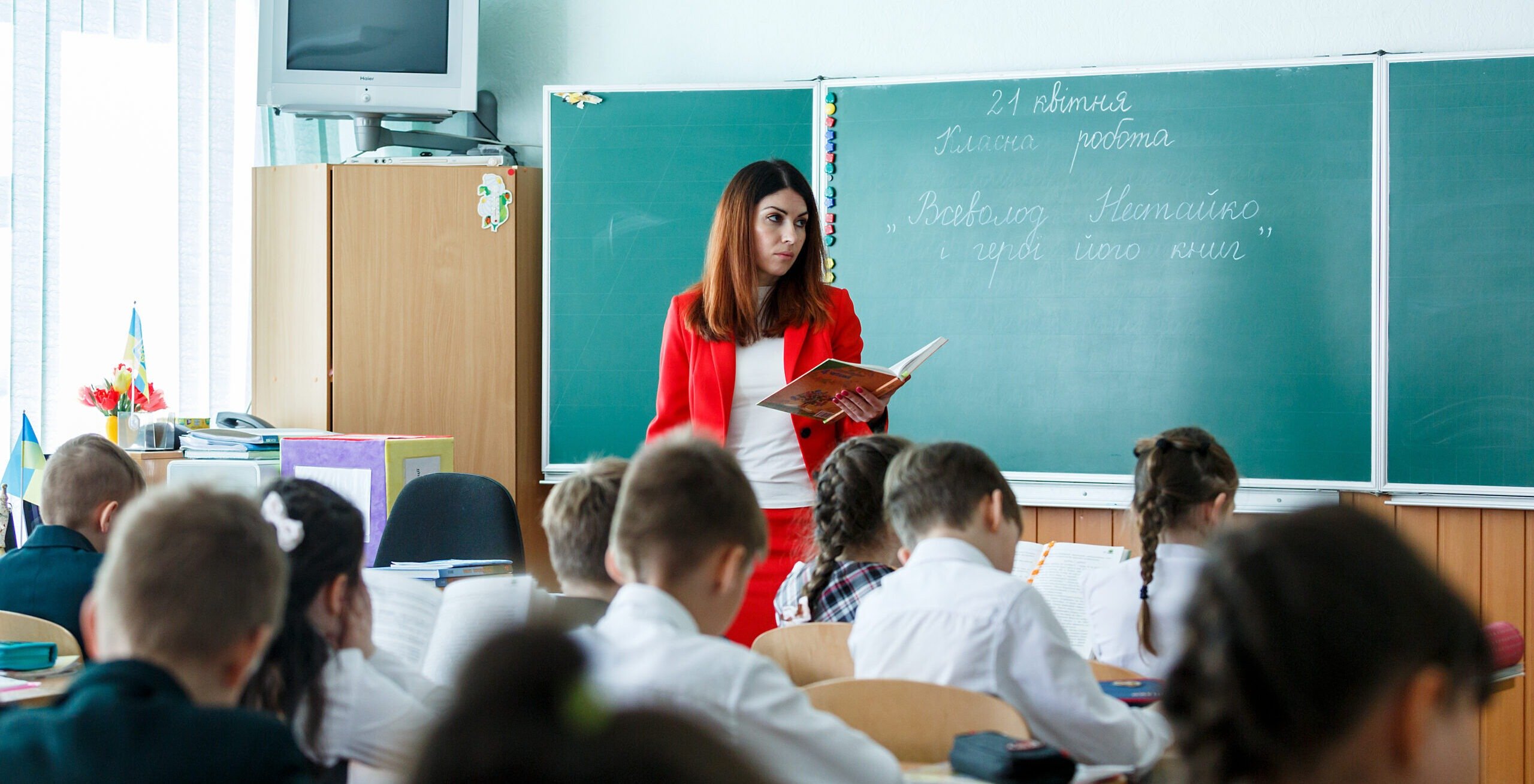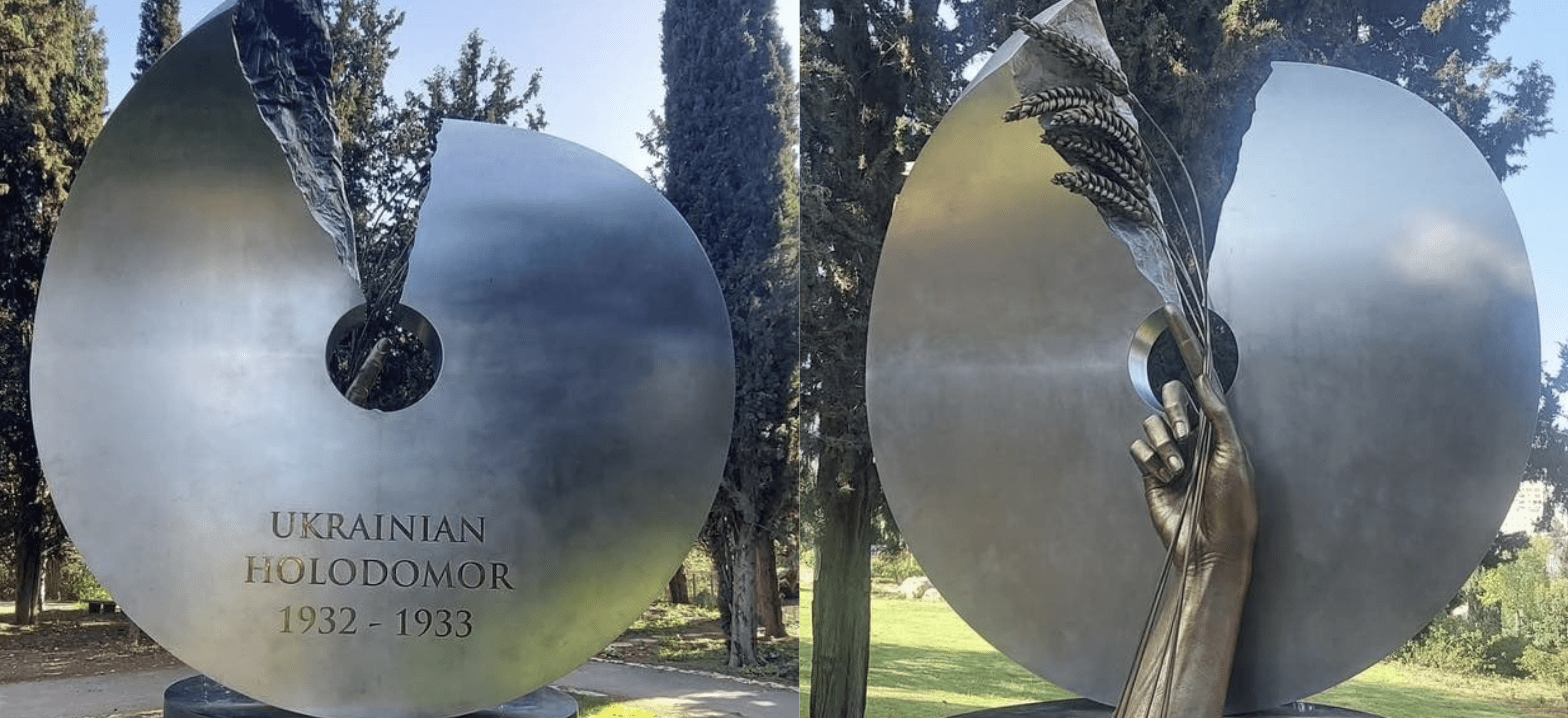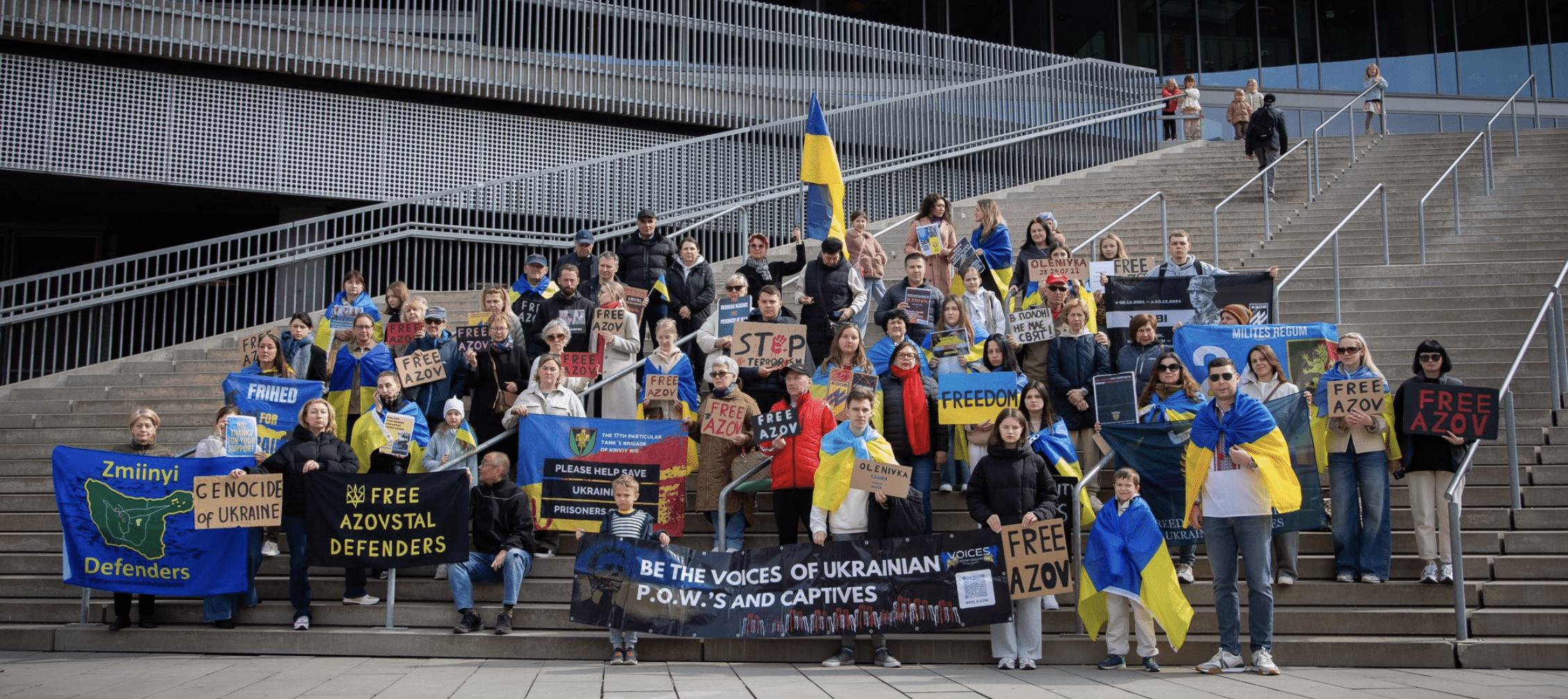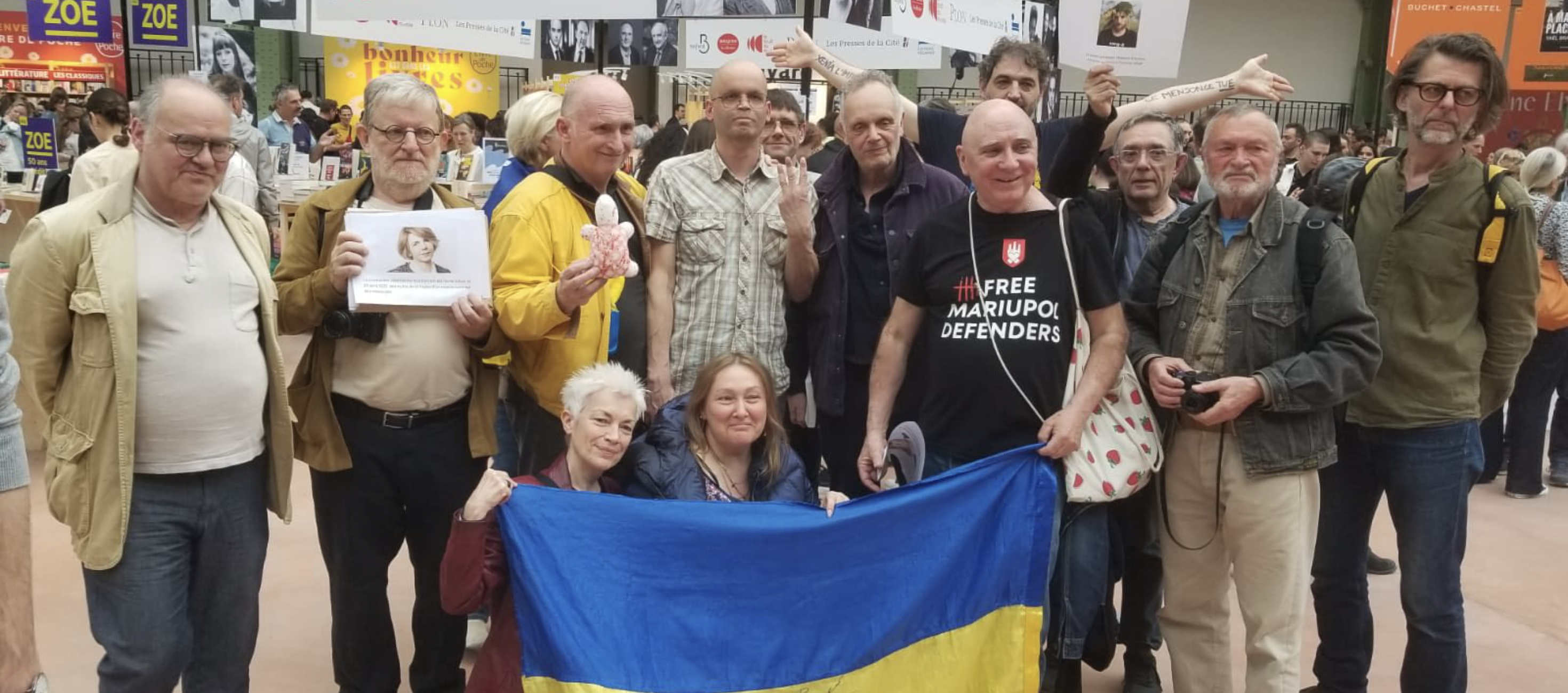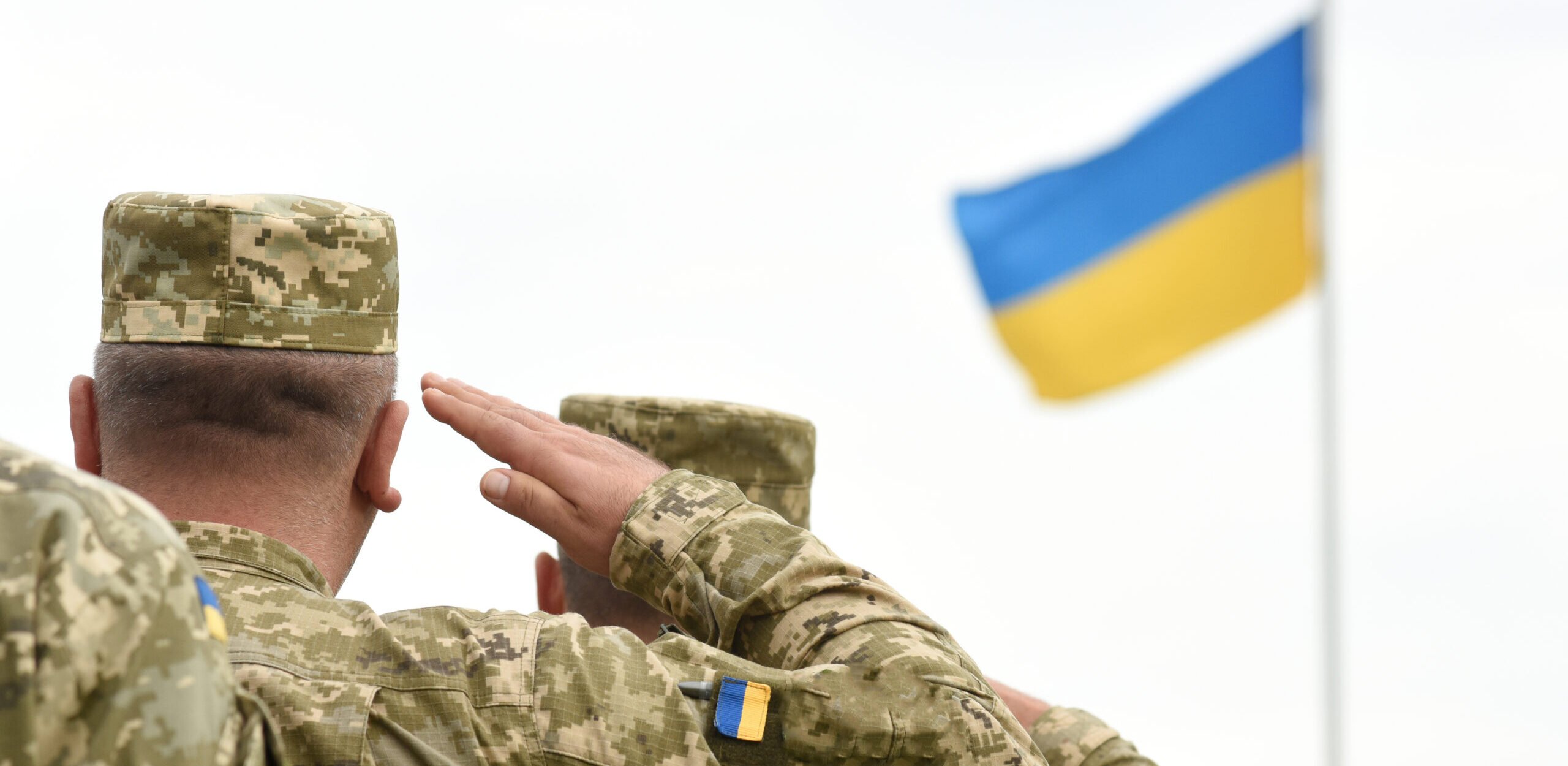

by Pavlo Kazarin, Ukrainian journalist, publicist, TV and radio host, recipient of the 2020 Georgiy Gongadze Prize.
Source: Ukrainska Pravda
The worst ally in war is unrealistic expectations.
They make us view any outcome short of the best as a failure. Any result that isn’t absolute victory becomes a loss. In the short term, inflated expectations might bring emotional highs, but over time, they inevitably lead to disappointment.
The problem is, our country has a history of falling into this trap.
This isn’t surprising. In every presidential election, Ukrainian voters, regardless of political affiliation, seek one thing on the ballot. They don’t vote for the “strongest,” the “most honest,” or the “most intelligent.”
They vote for the “magician.”
Votes go to the populist candidate who offers not a realistic path to happiness, but a shortcut. Then, after the election winner takes office, they rapidly lose popularity, because they can’t deliver on their promises. And in the next election cycle, their dreams of a second term are dashed by a new candidate promising more miracles.
War hasn’t broken this pattern. If anything, it has reinforced it.
In the first month of the full-scale war, Ukrainian society was ready to consider victory as simply returning to the borders of Feb. 24, 2022 [eds:when the Crimean Peninsula was occupied and parts of the easternmost regions of Luhansk and Donetsk.]
But then expectations grew, and victory began to be measured by reaching the 1991 borders [eds: when Ukraine regained independence during the Soviet Union’s implosion].
It’s hard to say what exactly triggered this shift. Perhaps it was the optimism after the Ukrainian military pushed the Russians out of Kyiv, Chernihiv, and Sumy regions. Or maybe it was the anger after witnessing the tragedy in [Kyiv suburb of] Bucha.
Whatever the cause, for the next year and a half of the war, Ukraine viewed victory as the return to its full borders. The only exception was for those who saw this as an interim goal and were ready to accept nothing less than the collapse of Russia. Now, the country is confronting the inevitable disappointment that comes from inflated expectations – a phenomenon called frustration.
The issue isn’t just legal. Stolen land doesn’t transfer ownership to the thief. Occupied territories still belong to Ukraine. The real problem is this: If you’re only ready to accept the maximum possible outcome as victory, then anything less will automatically seem like a defeat. If you view 100% as victory, then 90% will feel like a loss.
I remember back in the spring of 2023, I said in an interview that for me, victory is about preserving statehood and sovereignty (because you can have one without the other, like Belarus). I explained that if the war were to pause, the priority would be ensuring that a second attack is impossible. And that the return of territories was a bonus, not the ultimate goal. I recall the surprise from the host and commentators.
My reasoning was simple. Success in war should be measured by how much you disrupt the enemy’s plans. If Moscow’s objective was the occupation of Donetsk, then its fate would define the outcome. But the truth is, Russia’s real goal is to strip Ukraine of its statehood and sovereignty. And so, preserving both will be the real measure of our victory.
The opinions expressed in this article are those of the author(s) and do not necessarily reflect the views or endorsement of the Ukrainian World Congress (UWC).
Cover: Shutterstock
